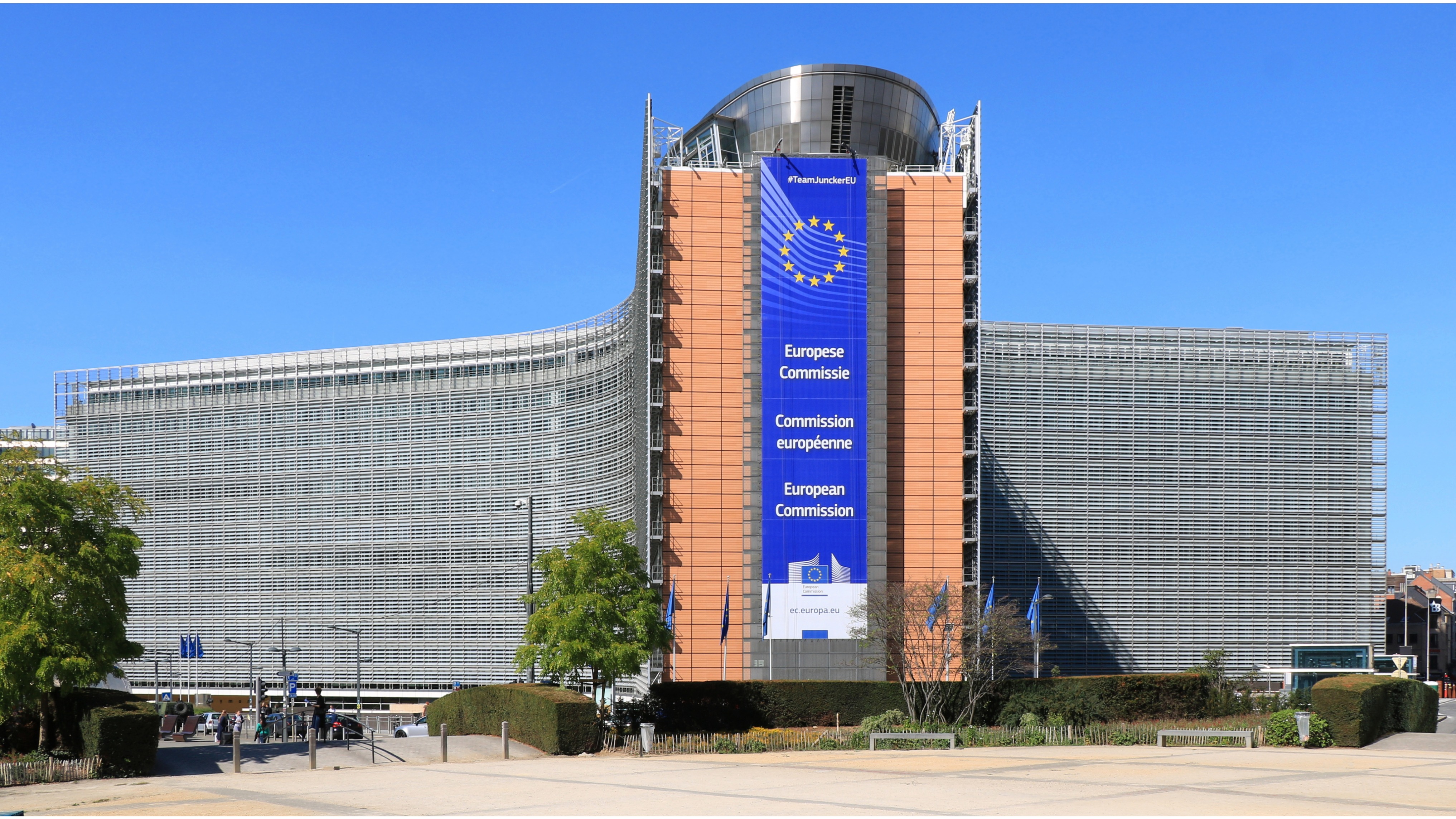The European Union's groundbreaking Artificial Intelligence Act (AI Act) officially entered into force on Thursday, 1 August 2024, marking a significant milestone in the global regulation of AI technology.
As the world's first comprehensive AI regulation, EU lawmakers have argued that the AI Act aims to ensure the development and use of trustworthy AI systems within the bloc while safeguarding fundamental rights and fostering innovation.
The legislation introduces a risk-based approach to regulating AI applications, categorising them into four tiers: minimal risk, specific transparency risk, high risk, and unacceptable risk. Most AI systems, such as recommender systems and spam filters, fall under the minimal risk category and face no obligations.
However, high-risk AI applications, including those used in recruitment, loan assessments, and autonomous robots, will be subject to strict requirements such as risk mitigation systems, high-quality datasets, and human oversight.
The Act prohibits AI systems deemed to pose unacceptable risks, such as those manipulating human behaviour or allowing social scoring by governments. Certain uses of biometric systems, including emotion recognition in workplaces and real-time remote biometric identification in public spaces, are also banned, with narrow exceptions.
Margrethe Vestager, executive vice-president for a Europe Fit for the Digital Age, stated, "With the AI Act, the EU has taken an important step to ensure that AI technology uptake respects EU rules in Europe."
Generative AI, classified as "general-purpose" AI under the Act, will face specific requirements, including respect for EU copyright law, transparency disclosures on training data, and routine testing. However, the regulation provides some exceptions for open-source AI models, provided they meet certain criteria.
Enforcement of the AI Act will be overseen by the European AI Office, established in February 2024. Companies found in breach of the rules could face substantial fines of up to €35 million or 7 per cent of their global annual revenues, whichever is higher.
While the Act is now in force, most provisions will not take effect until 2026. Restrictions on general-purpose AI systems will begin in 12 months, and currently available generative AI systems like ChatGPT and Google's Gemini have a 36-month transition period to achieve compliance.
Latest News
-
Government announces free AI training to upskill 10m people
-
OpenAI to launch SME accelerator as part of new EU scheme
-
TikTok settles addiction lawsuit hours before landmark trial against social media giants
-
WhatsApp launches lockdown security mode for high-risk users facing sophisticated cyber threats
-
Just Eat latest to launch AI voice assistant
-
Microsoft launches chip to speed up inference workloads in Azure
The future-ready CFO: Driving strategic growth and innovation
This National Technology News webinar sponsored by Sage will explore how CFOs can leverage their unique blend of financial acumen, technological savvy, and strategic mindset to foster cross-functional collaboration and shape overall company direction. Attendees will gain insights into breaking down operational silos, aligning goals across departments like IT, operations, HR, and marketing, and utilising technology to enable real-time data sharing and visibility.
The corporate roadmap to payment excellence: Keeping pace with emerging trends to maximise growth opportunities
In today's rapidly evolving finance and accounting landscape, one of the biggest challenges organisations face is attracting and retaining top talent. As automation and AI revolutionise the profession, finance teams require new skillsets centred on analysis, collaboration, and strategic thinking to drive sustainable competitive advantage.
© 2019 Perspective Publishing Privacy & Cookies









Recent Stories